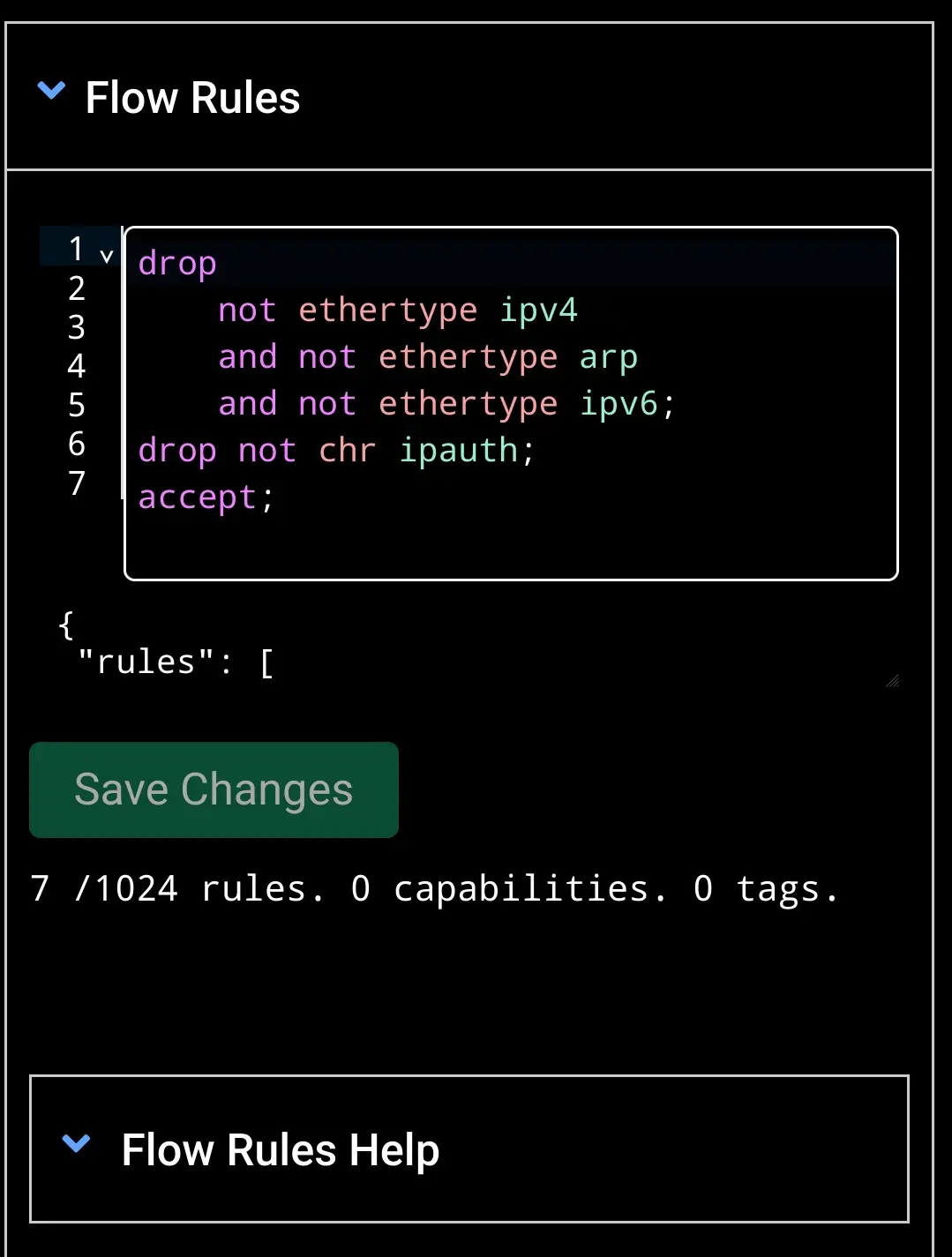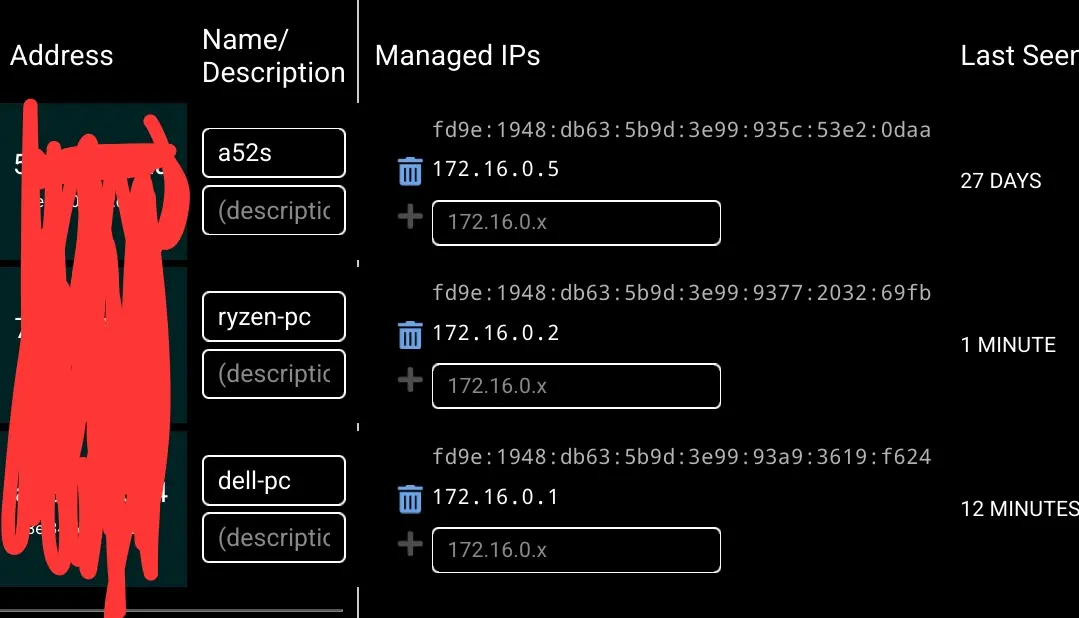Mid 2022, a friend of mine helped me set up a selfhosted Vaultwarden instance. Since then, my “infrastructure” has not stopped growing, and I’ve been learning each and every day about how services work, how they communicate and how I can move data from one place to another. It’s truly incredible, and my favorite hobby by a long shot.
Here’s a map of what I’ve built so far. Right now, I’m mostly done, but surely time will bring more ideas. I’ve also left out a bunch of “technically revelant” connections like DNS resolution through the AdGuard instance, firewalls and CrowdSec on the main VPS.
Looking at the setups that others have posted, I don’t think this is super incredible - but if you have input or questions about the setup, I’ll do my best to explain it all. None of my peers really understand what it takes to construct something like this, so I am in need of people who understand my excitement and proudness :)
Edit: the image was compressed a bit too much, so here’s the full res image for the curious: https://files.catbox.moe/iyq5vx.png And a dark version for the night owls: https://files.catbox.moe/hy713z.png


btw why did you choose tailscale over zerotier
I heard about tailscale first, and haven’t yet had enough trouble to attempt a switch.
huh i thought zerotier is more popular.
i love it but their android app sucks. hasn’t received a single large update since android 5 and constantly keeps disconnecting
Are you talking about the Tailscale App or the ZeroTier app? Because the TS Android app is the one thing im somewhat unhappy about, since it does not play nice with the private DNS setting.
I’m talking about the zerotier’s app
Tail scale is stupid easy to set up and free for first
ten100 devices and supports 3 custom domains.zerotier is open source and free with up to 25 nodes per network, and supports custom ip assignments (in custom ranges, with option to have multiple subnets per network), custom dhcp, managed dns, and custom, multiple managed routes (with option to point to a custom gateway), and traffic flow rules.
for example here are the rules i have set up for my “gaming” network that i use to play LAN games with my friends (only allows ipv4, arp and ipv6 traffic and prevents clients from self-assigning ip addresses)

route settings page:


my “personal” network (which just links all of my personal devices together) exists in 172.16.0.0/24 and auto-assigns ipv4 addresses in 172.16.0.101-172.16.0.199 range using dhcp (but i have configured custom ip addresses for each device anyway), and ipv6 is auto-assigned using RFC4196.
Tail scale can be self hosted also. But for example, it took me 5 clicks to set up a tail scale network with 3 devices.
Also it’s apparently been buffed to 100 devices for free and 3 custom domains.
Also open source https://github.com/tailscale/tailscale